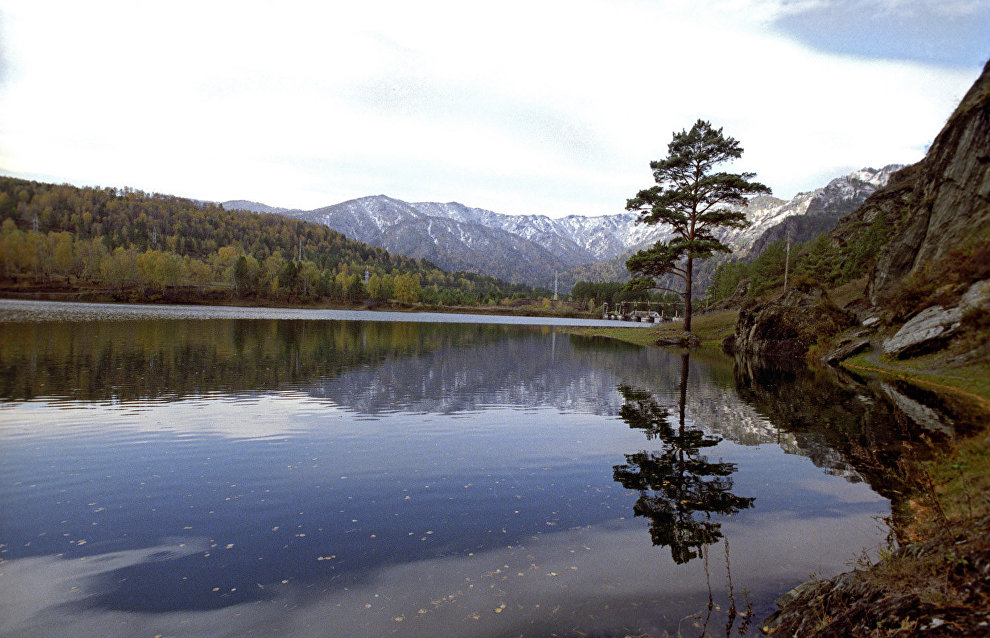International expedition to study ancient sediments on Yamal lake bottom
Members of an international research expedition, due to set out April 6 from Salekhard, are to study Lake Bolshoye Shchuchye on the Yamal Peninsula, reports the official government agencies website of the Yamal-Nenets Autonomous Area. The six members of the research team represent the Arctic and Antarctic Research Institute, the Northern Water Problems Research Institute of the Karelian branch of the Russian Academy of Sciences, St. Petersburg State University, North-Eastern Federal University in Yakutsk, the Institute for Geology and Mineralogy at the University of Cologne, the Institute of Earth Sciences at the University of Kiel and the University of Bergen.
"We'll work for 20 days, and we'll return to Salekhard on April 29," said Vladimir Pushkaryov, Director of the Russian Center for Arctic Development, one of the expedition's organizers.
Scientists plan to collect core samples of Lake Bolshoye Shchuchye's bottom sediments hoping to discover plant pollen and spores inside the samples. This will make it possible to understand how plant kingdoms and climate conditions changed during inter-glacial periods.
The expedition is part of the Russian-German project PLOT that was initiated to study paleo-climate and environmental changes along a northern Russian transect (a path along which one counts and records occurrences of the species of study) from Lake Ladoga in the Republic of Karelia to Lake Elgygytgyn in Chukotka. The project includes research in five Russian Arctic lakes — Lake Ladoga, Lake Bolshoye Shchuchye in the polar Ural region, lakes Taimyr and Levinson-Lessing on the Taimyr Peninsula in the Krasnoyarsk Territory and Lake Emande in the Republic of Sakha (Yakutia).
This research will help determine how these regions respond to global climate change. "Current climate models show that the climate will change. We understand what we should expect on a global scale. But we still don't know very much about the regional implications, how these regions will respond and in what manner; nor do we know much about the location of upcoming changes and their nature. We can learn about these things with projects like PLOT," said University of Cologne professor Martin Melles.
The PLOT Paleo-Limnological Transect project is being carried out on the initiative of the Arctic and Antarctic Research Institute of the Federal Service for Hydrometeorology and Environmental Monitoring (Roshydromet) under an agreement between the Russian Ministry of Education and Science and the Federal Ministry of Education and Research of Germany.
